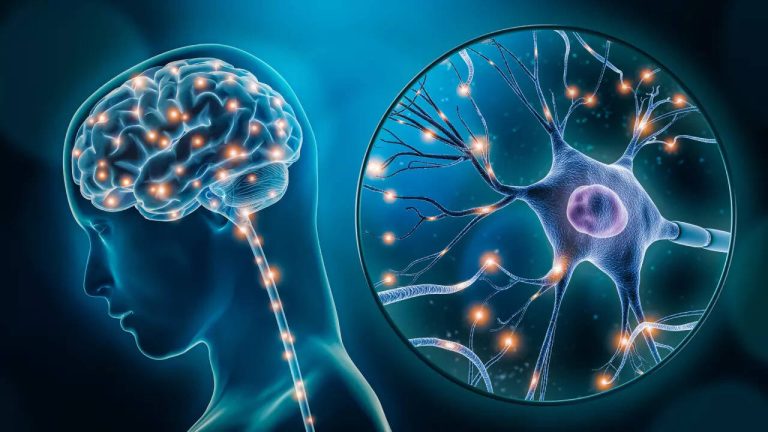The Impact of Climate Change on Global Ecosystems
Climate change is one of the most pressing issues of our time, with far-reaching consequences for our planet’s ecosystems. The effects of climate change are being felt across the globe, from rising temperatures to melting ice caps, and it’s imperative that we take action to mitigate its impacts.
What is Climate Change?
Climate change refers to the long-term warming of the planet due to an increase in average global temperatures. This warming is primarily caused by the increasing levels of greenhouse gases in the Earth’s atmosphere, which trap heat and prevent it from being released back into space. The main greenhouse gases responsible for climate change are carbon dioxide, methane, and water vapor.
Effects of Climate Change on Global Ecosystems
The effects of climate change on global ecosystems are numerous and varied. Some of the most significant impacts include:
- Rising Sea Levels: As the planet warms, glaciers and ice caps are melting at an alarming rate, causing sea levels to rise. This is leading to coastal erosion, flooding, and saltwater intrusion into freshwater sources.
- Changes in Precipitation Patterns: Climate change is altering precipitation patterns around the world, leading to more frequent and severe droughts and floods. This can have devastating effects on agriculture, water supplies, and ecosystems.
- Increased Frequency of Extreme Weather Events: Climate change is contributing to an increase in extreme weather events such as heatwaves, wildfires, and storms. These events can have catastrophic consequences for ecosystems and human populations.
- Loss of Biodiversity: Climate change is altering ecosystems and leading to the loss of biodiversity. As temperatures rise, many species are being pushed out of their traditional habitats, leading to population declines and even extinctions.
Consequences of Climate Change for Human Societies
The consequences of climate change for human societies are far-reaching and devastating. Some of the most significant impacts include:
- Food Insecurity: Climate change is altering agricultural productivity and leading to food insecurity. Changes in precipitation patterns and increased frequency of extreme weather events can damage crops and reduce yields.
- Water Scarcity: Climate change is altering the global water cycle, leading to water scarcity in many regions. This can have significant impacts on human health, agriculture, and ecosystems.
- Human Migration and Conflict: Climate change is contributing to human migration and conflict. As resources become scarce and ecosystems are disrupted, people are being forced to migrate to new areas, leading to social and economic instability.
Mitigating the Impacts of Climate Change
While the challenges posed by climate change are significant, there are many actions that can be taken to mitigate its impacts. Some of the most effective strategies include:
- Reducing Greenhouse Gas Emissions: One of the most effective ways to mitigate the impacts of climate change is to reduce greenhouse gas emissions. This can be achieved through a transition to renewable energy sources, increased energy efficiency, and electrification of transportation.
- Carbon Capture and Storage: Carbon capture and storage technologies can reduce emissions from industrial sources, helping to mitigate the impacts of climate change.
- Climate-Smart Agriculture: Climate-smart agriculture involves the use of practices and technologies that help farmers adapt to the changing climate. This can include the use of drought-resistant crop varieties, conservation agriculture, and agroforestry.
- Ecosystem-Based Adaptation: Ecosystem-based adaptation involves the use of ecosystem services to reduce the impacts of climate change. This can include the restoration of natural habitats, such as wetlands and forests, which can provide important ecosystem services such as flood control and water filtration.
Conclusion
In conclusion, the impact of climate change on global ecosystems is a pressing issue that requires immediate attention. The effects of climate change are being felt across the globe, from rising temperatures to melting ice caps, and it’s imperative that we take action to mitigate its impacts. By reducing greenhouse gas emissions, implementing climate-smart agriculture practices, and promoting ecosystem-based adaptation, we can help to reduce the impacts of climate change and create a more sustainable future for all.


1 thought on “The Impact of Climate Change on Global Ecosystems”
Comments are closed.